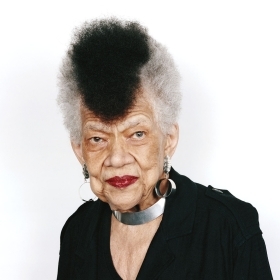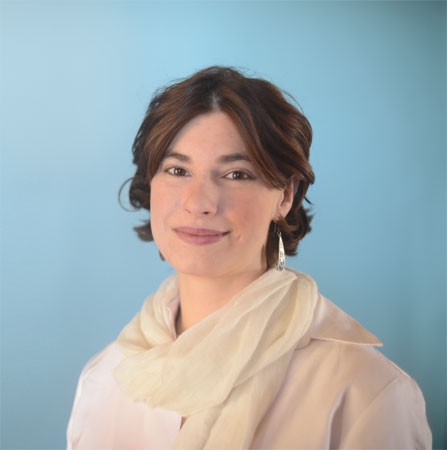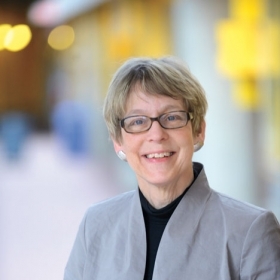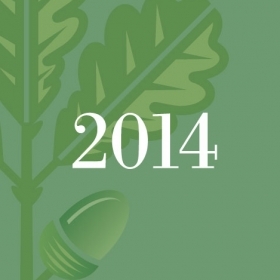Water rates in Natick, Mass., have gone up recently. And that’s due in no small part to the efforts of Janna Zimmermann ’14.
That’s meant in the best possible way.
Zimmermann, an environmental-studies major, is on pace to be one of the first students to receive the new Sustainability Certificate, a joint offering of Wellesley with Olin and Babson colleges.
She explains: “We spent the spring semester of 2013 working with the [Natick] Department of Public Works and the town administrators and the Environmental Protection Agency representatives,” she says. She and her fellow students “came to the conclusion that Natick needed to be charging more for their water, because they were bringing in insufficient revenue to properly maintain the water infrastructure, which was leading to leaks and issues of sustainability.”
The town found the students’ arguments persuasive—and hiked rates 3.5 percent. It was the first increase in three years.
It is just this sort of “real world” project that the Sustainability Certificate is meant to foster.
Zimmermann didn’t come cold to this field. Her father, a hydrogeochemist, works as an environmental risk manager. He cleans up hazardous waste sites. “My dad raised me with a sort of innate sense of the role that risk plays in decision making and how to account for it, instead of being afraid of it. Risk is opportunity. And you can either embrace the opportunity or you can run away from it.”
Zimmermann admits, though, her own passion lies elsewhere than in hazardous waste. She draws a generational distinction with her father: “He’s handling the problems that his generation created, and I’m going to be preventing problems that my generation could create.”
The Sustainability Certificate requires two core courses, SUST 201 Introduction to Sustainability, and SUST 301 Sustainability Synthesis, plus four electives: at least one liberal-arts course, one engineering course, and one business course. Students must take at least one course at each of the three institutions.
Zimmerman took an Olin course in materials science and engineering, with a focus on the role of material choices in sustainable product design. This semester, she’s taking a Babson course in sustainable and environmental entrepreneurship. “And that’s looking for opportunities out of areas that look like problems.”
She adds, “I like the melding of the real, physical, present world and what we’re studying. You know, it’s one thing to talk about economic disparity. It’s another thing to experience it and to actually work on making a difference in that area.”
One of her projects, for instance, involved combating urban food insecurity by helping indoor “farmers.” In some places, soil contamination makes growing one’s own vegetables a risky business, even if a garden plot is available. Instead, the growers Zimmermann works with build raised beds, often within some kind of greenhouse or other structure. They’re dependent on fans, lights, heaters, and watering systems to control the climate and make the most of New England’s short growing season. Zimmermann has helped develop low-cost computerized controls for these systems.
If she has a critique of the new program, it’s that professors need to be getting more feedback from the students. But the professors, she says, “have done an admirable job, especially in encouraging the students to not be afraid to take risks, and to step out of their own comfort zones.”








We ask that those who engage in Wellesley magazine's online community act with honesty, integrity, and respect. (Remember the honor code, alums?) We reserve the right to remove comments by impersonators or comments that are not civil and relevant to the subject at hand. By posting here, you are permitting Wellesley magazine to edit and republish your comment in all media. Please remember that all posts are public.